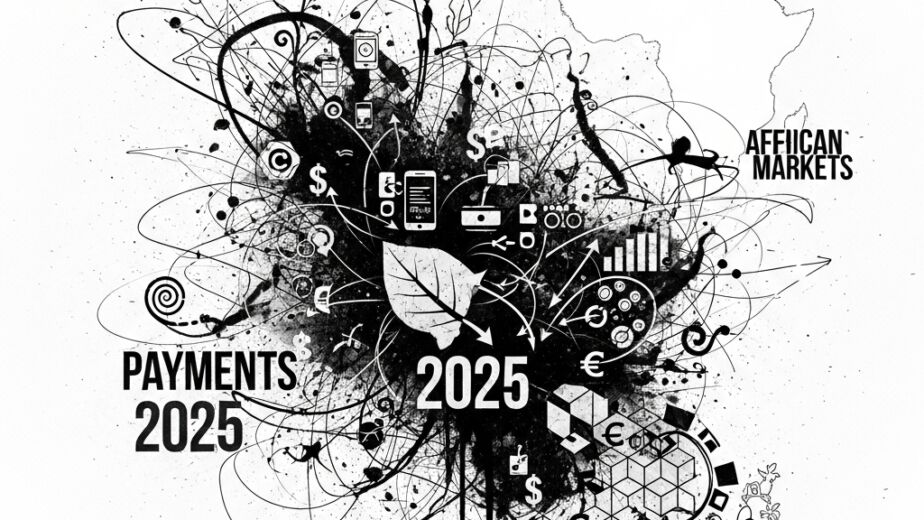The Impact of Virtual Reality on Mental Health Therapy

Executive Summary
Virtual reality (VR) is revolutionizing mental health therapy, particularly for anxiety disorders and PTSD. This case study analysis examines how VR tools are being integrated into therapy sessions, highlighting regulatory frameworks, institutional adoption, and real-world outcomes. We explore the implications for mental health professionals and the opportunities for financial institutions to support this growing field.
Regulatory and Compliance Frameworks
The integration of VR in mental health therapy is subject to strict regulatory and compliance standards. Globally, regulations such as the Markets in Crypto-Assets Regulation (MiCA) influence digital health platforms by enforcing transparency and consumer protection. FinCEN and FATF guidelines also play a critical role, especially for VR therapy providers handling cross-border payments, requiring robust AML and KYC protocols. Recent regulatory updates include the EU Digital Health Act, which mandates data localization and enhanced consent for VR therapy, and the US FDA’s guidance on clinical validation for digital therapeutics. Compliance best practices for VR therapy providers include implementing digital onboarding, sanctions screening, and data protection measures.
Institutional Analysis
The global VR mental health market is projected to reach $3.8 billion by 2027, with a CAGR of 32% from 2023 to 2027. Approximately 45% of large mental health institutions in North America and Europe have adopted VR-based therapy programs for anxiety and PTSD. Meta-analyses show VR-CBT is as effective as traditional CBT, with superior outcomes for short-term stress reduction. Financial institutions are partnering with VR therapy providers to facilitate embedded payment solutions and cross-border transactions, addressing the needs of high-net-worth individuals (HNWIs) who prioritize privacy and personalized therapy. Additionally, VR therapy providers are integrating ESG practices by purchasing carbon credits to offset environmental impacts.
Use Cases
Real-world examples demonstrate the efficacy of VR in mental health therapy. A European hospital network implemented a VR-based exposure therapy program for veterans with PTSD, resulting in a 68% reduction in symptoms. A US-based private clinic used VR-CBT for social anxiety, achieving superior outcomes compared to waitlist controls. In Asia, an insurer piloted reimbursement for VR-based relaxation therapy, finding it cost-effective and scalable. These use cases highlight the potential for VR therapy to transform mental health treatment, supported by robust institutional partnerships and regulatory compliance.
Technology and Payment Infrastructure
VR therapy platforms are leveraging advanced payment infrastructures to streamline operations. API-driven payments and real-time settlement systems like RTP and SEPA Instant are reducing settlement times and FX risks. Banks are migrating to ISO 20022 messaging standards for enhanced compliance checks. Multi-currency platforms enable VR therapy providers to accept international payments, while digital wallets offer secure fund transfers. These technological advancements support the global expansion of VR therapy, ensuring compliance and operational efficiency.
Compliance Box: This article provides general information and does not constitute legal advice. For specific compliance guidance, consult legal professionals familiar with Botswana FIA 2022 and IFSC regulations.
Actionable Steps for Mental Health Professionals
- Ensure compliance with current regulatory frameworks, including MiCA, FinCEN, and FATF guidelines.
- Adopt VR therapy tools validated through clinical trials and align with FDA guidance.
- Partner with financial institutions offering tailored payment solutions and compliance support.
- Integrate ESG practices, such as carbon credit purchases, to enhance social impact.
- Utilize multi-currency platforms for international patient transactions, ensuring robust AML and sanctions screening.
As VR continues to reshape mental health therapy, PAA Capital offers VASP-licensed infrastructure and a compliance firewall, supporting multi-currency capabilities for seamless cross-border transactions.
PAA Capital provides VASP-licensed banking infrastructure for high-value international transfers globally. Our platform supports wealth managers, institutional clients, and international businesses requiring multi-currency capabilities, digital escrow services, and 24/7 account management. Learn more at www.paacapital.com


